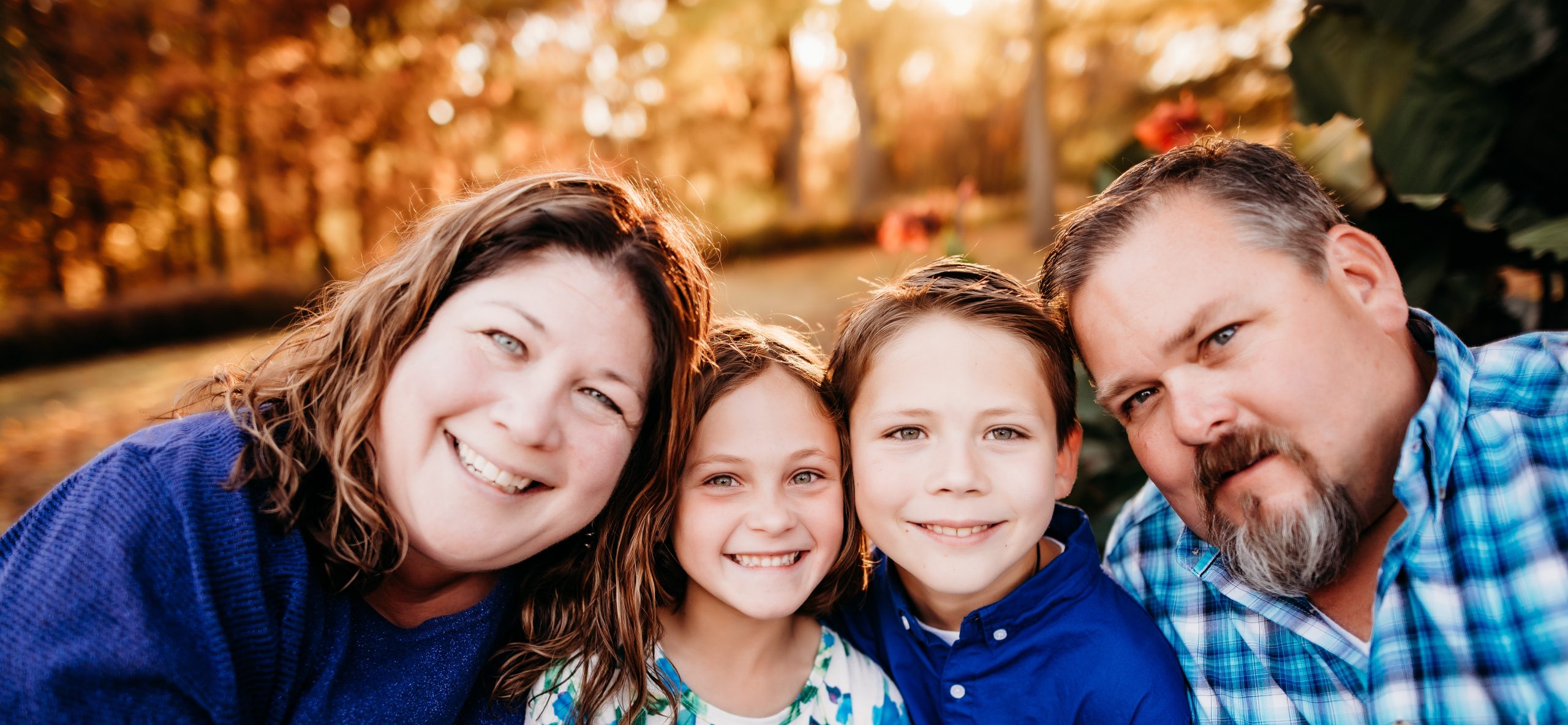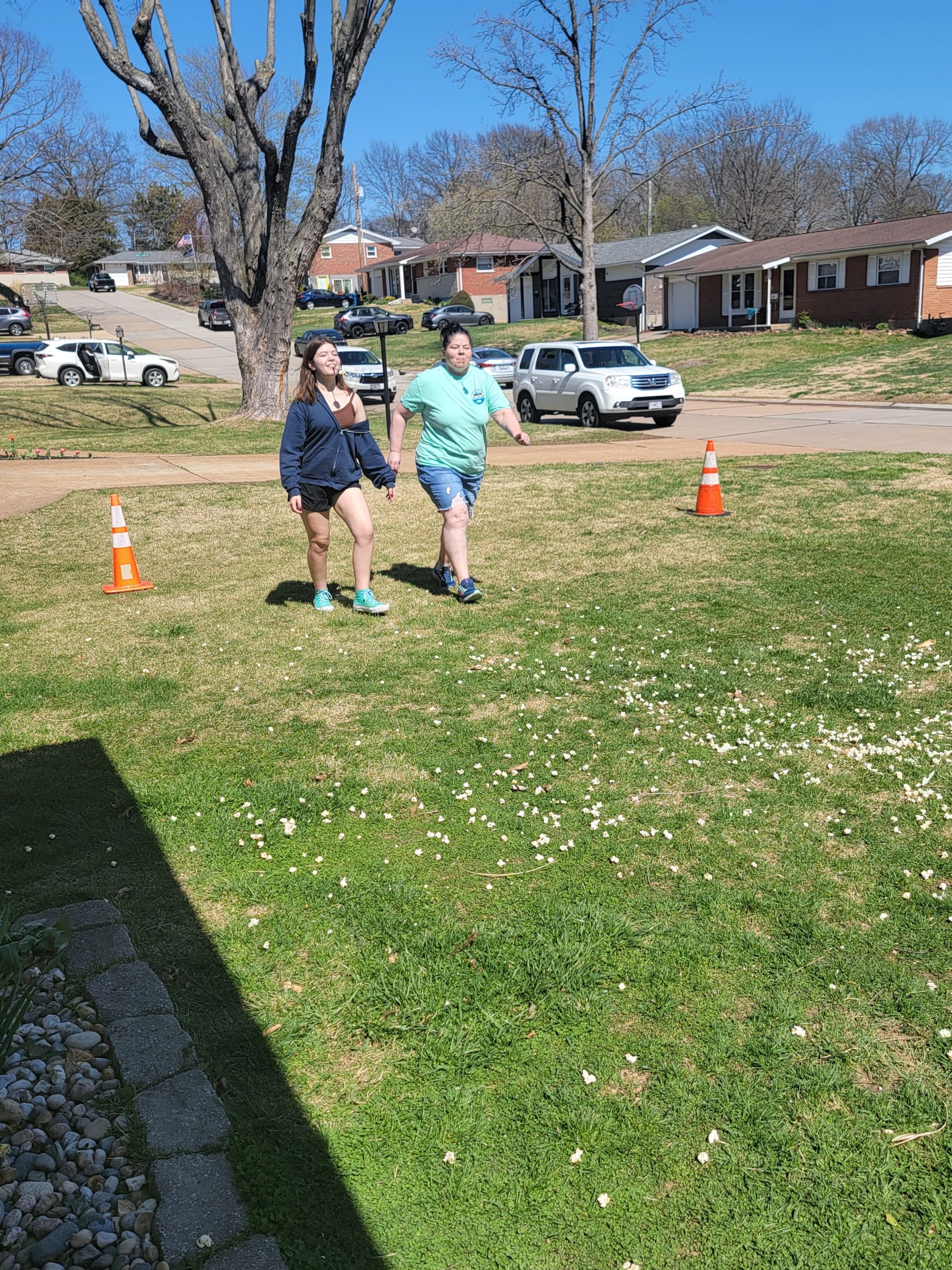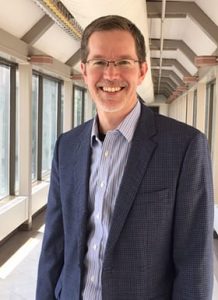PoP On Over
To Race For ALSA fundraiser for Stem Cell Research – All funding going to Dr. Miller and his team.
Get Involved
Do The Challenge
The Popcorn Challenge
- Pick your race opponent or opponents.
- Put a spoon handle in your mouth and add some popcorn to spoon.
- Race your opponent or opponents. If a piece falls don’t worry about it as long as you have one on throughout the challenge.
- Whomever loses gets a cup of popcorn to throw at them. I prefer the face.
With the challenge, take it, share it, donate if you want but just have fun with it.
ABOUT ME
Hello, my name is Anne and I have 2 young vibrant child Donny (10) and Millie (7) and a loving husband Don. I’ve been married for almost 13 years. We love to camp, being outdoors and hang out with friends and family. I was diagnosed with ALS in September 2022. And when I was diagnosed with ALS I thought there were more stem cell treatments out to help but there’s not and want to change it. I have always been told by team leaders, drug companies and others since my diagnosis that there will be a cure or livable disease by 2030. I truly believe that this challenge will help on finding a cure for this horrible disease. Let us fight ALS by doing this challenge and raise awareness and be part of finding a cure.


WHAT IS ALS

join the fight against als
Our Fundraising Efforts
We’re raising money – with your help – to fight ALS. All funding is going to Dr. Miller and his team. For more information, please visit his website:
https://millerlab.wustl.edu/about-the-miller-lab/about/
- Our Goal To Reach $1,000,000. 0%
Get Involved
Take the challenge, share the challenge and donate if you want but have fun with it. Spread awareness of what ALS is and be part of helping find a cure.

Dr. Miller
 For more than two decades, Dr. Timothy Miller — one of the nation’s foremost researchers into neurodegenerative diseases — has been searching for better ways to treat, prevent and cure ALS.
For more than two decades, Dr. Timothy Miller — one of the nation’s foremost researchers into neurodegenerative diseases — has been searching for better ways to treat, prevent and cure ALS.
The driving force behind the ALS Center, Dr. Miller provides clinical care as a practicing neurologist, serves as the Principal Investigator on numerous clinical and research studies, and directs all of the research taking place in the Miller Lab. By coalescing all of these activities under a singular mission, Dr. Miller hopes the ALS Center will serve as a focal point for uniting the advancement of ALS therapies.
His journey started at the Washington University School of Medicine, where he earned his medical degree and PhD in 1998. Here, he discovered his interest in the neuroscience of degeneration. Dr. Miller then completed a neurology residency at the University of California, San Francisco, where he served as Chief Resident in his final year.
Dr. Miller went on to complete a neuromuscular fellowship under the mentorship of an ALS expert. This experience sparked Dr. Miller’s interest in clinical research; he further honed his skills in the University of California, San Diego’s Mentored Scientist Clinical Training Program, where he completed his postdoctoral work on ALS disease models.
In 2007, Dr. Miller moved to Washington University, where he created an ALS translational research program and launched numerous promising trials. Dr. Miller was named the first director of the Christopher Wells Hobler Laboratory for ALS Research at the Hope Center for Neurological Disorders, a center dedicated to improving the lives of people with neurological disorders.
Currently, Dr. Miller holds an endowed chair, the David Clayson Professor of Neurology at Washington University School of Medicine in St. Louis, where he leads the Miller Laboratory and the ALS Center. He directs research into innovative treatments, with a focus on therapeutic strategies that turn off harmful genes in the brain and spinal cord in patients with neurodegenerative diseases.
Dr. Miller received the Sheila Essey Award, which recognizes significant research contributions in the search for effective ALS therapies.
Dr. Miller’s work continues to improve the lives of those diagnosed with neurodegenerative diseases like ALS.